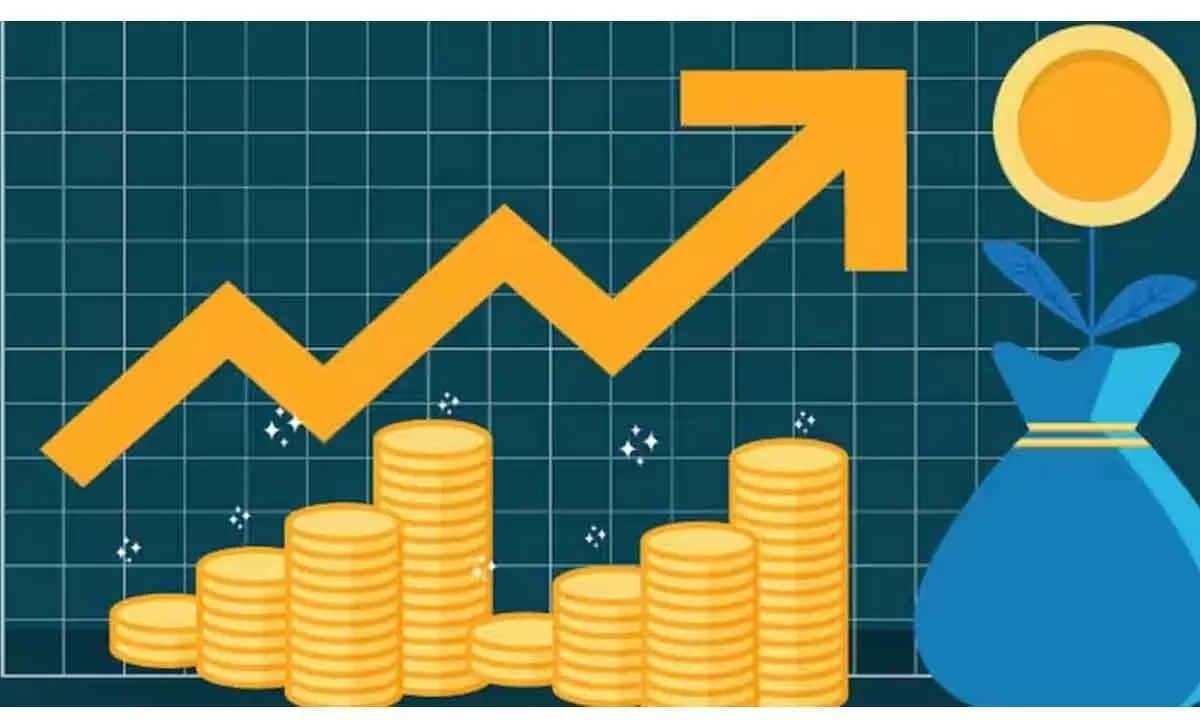45 companies can incrementally return Rs689 bn to shareholders
The assessment, made by IiAS, is based on FY22 financial statements, and factors in acquisitions and announced capital expenditure after the balance sheet date
image for illustrative purpose

As many as 45 companies will incrementally return Rs 689 billion to shareholders for FY23. While companies have been returning more cash to shareholders in FY22, cash balances continue to build up for corporate India. Based on the FY22 financials, adjusted for announced acquisitions and capital expenditure in FY23, 45 of the S&P BSE 500 companies can return more than Rs 689 billion to their shareholders, which is almost 41 per cent of their balance-sheet cash for the fiscal year-end.
Talking to Bizz Buzz, Hetal Dalal, President and Chief Operating Officer, Institutional Investor Advisory Services (IiAS), said, “There is no doubt that companies need to maintain a certain amount of liquidity to meet business requirements and unforeseen circumstances: our study aims to ask how much is enough? Cash accumulation has always been a concern for corporate India.”
While our study shows that there is room for incremental cash to be paid out to shareholders – and these are conservative estimates – it is for boards to decide on capital allocation, she said.
The assessment, made by IiAS, is based on FY22 financial statements, and factors in acquisitions and announced capital expenditure after the balance sheet date.
Key conclusions of the study include: Five companies account for 56 per cent of the excess cash. These are TCS, Siemens, ITC, Heromotoco, and SUNTV (Exhibit 1). The excess cash for these five companies aggregates Rs 378 billion, which is about 47 per cent of their aggregate cash on 31 March 2022. TCS’ excess cash works out to Rs 66 per share and Heromotoco, despite its middling performance, had excess cash of Rs 38.4 billion, working out to Rs 192.2 per share. There are four companies where the excess cash translates into an incremental dividend yield of over 10 per cent: two of these companies are public sector enterprises (PSUs). For IRCON and RITES, the excess cash, if paid out, would account for an incremental 46 per cent and 14 per cent dividend yield respectively.
For SUNTV, the excess cash of Rs 24.9 billion accounts for about 16 per cent of dividend yield. For VSTIND, excess cash of Rs 5.2 billion accounts for about 11 per cent of dividend yield. Five companies’ excess cash accounts for over Rs 500 per share in incremental dividend: these are BOSCHLTD, HONAUT, ABBOTINDIA, 3MINDIA, and LAXMIMACH (Exhibit 2). For HONAUT, the excess cash aggregates over Rs 1600 per share, which is an incremental five per cent dividend yield. 28 of the 45 companies can pay incremental dividends that account for 50 per cent of their cash balances. Of these, six companies’ excess cash accounts for over 75 per cent of their on-balance-sheet cash on 31 March 2022.
In FY23, several of the companies listed in this study paid out dividends and buybacks aggregating over Rs 360 billion. Even so, our analysis does not factor in the incremental cash flows generated in FY23, which will add to their on-balance-sheet cash. For example, Wipro announced a Rs 120 billion buyback in April 2023 (FY24), part of the excess cash for which will have been generated in FY23. Similar is the case for dividend paid out by HINDZINC, TCS, and Coal India in FY23. Dividends and buybacks are used to return excess cash to shareholders. In a first for corporate India, PayTM, a loss-making company which was then at a cash-burn stage, announced a buyback in December 2022: IiAS contended then that the company possibly was returning the pre-IPO equity it had raised to its existing shareholders. While this may perhaps be a one-off payout, this is not the contention of our argument of excess distributable cash: for companies that are in the cash burn stage, or companies in financial services, cash hoarding cannot be a concern.
We believe companies must pay dividends and undertake buybacks from the accumulated cash on the balance sheets and from cash flows generated by the business, the report says. Companies with large cash coffers have been able to tide through the uncertainties of Covid better than others, so companies must have cash on their balance sheet.

